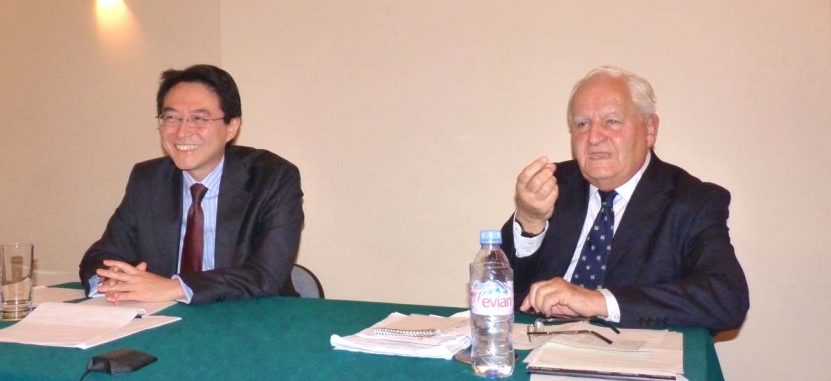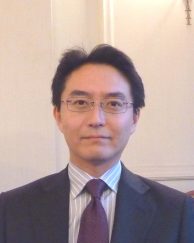 Seminar
SeminarThursday 25 October 2012
6:00pm – 7:30pm
Parliamentary Democracy in Japan and the UK
Drinks reception from 8:30pm
Daiwa Foundation Japan House 13/14 Cornwall Terrace, London
Organised by Daiwa Foundation
On the face of it, Japan and Britain have similar parliamentary systems. Both countries are parliamentary democracies under a monarchy, and both have a bicameral system in which the Upper House acts as a check on the Lower House. But in practice, they work very differently. In the UK, power tends to switch between the two main parties at least once every decade or so, and each side is able to implement its key policies without much difficulty. In Japan, the system of alternating between two main parties is in its infancy, and it is proving remarkably difficult for the “governing” party to pass key legislation. Japanese Prime Ministers come and go with bewildering speed, while two of the UK’s recent Prime Ministers (Thatcher and Blair) have lasted a decade. The speakers discussed where the Japanese system is going wrong, and what the two countries can learn from each other.
Presentation by Professor G.W. Jones OBE Presentation by Professor TakayasuAbout the contributors

Professor G.W. Jones OBE
Professor G.W. Jones is Emeritus Professor of Government at LSE, Honorary Professor at the University of Birmingham, Visiting Professor at Queen Mary, London and Visiting Research Fellow at De Montfort University. He graduated from Jesus College, Oxford in Modern History, and he obtained his doctorate for research from Nuffield College, Oxford. He joined LSE as a lecturer in 1966 and he became Professor of Government in 1976. He has authored, co-authored and edited a number of books, chapters and articles on British central and local government, and his latest book, co-authored with Andrew Blick, is Premiership: The Development, Nature and Power of the Office of the British Prime Minister (Exeter: Imprint-Academic, 2010). Together with John Stewart he has written magazine articles about local government; and he has provided evidence to numerous parliamentary select committees. He has also been a member of various councils and committees including the National Consumer Council (1991-1999), for services to whom he was awarded the OBE in 1999.

Professor Kensuke Takayasu
Professor Kensuke Takayasu is Professor of Political Science at the Faculty of Law, Seikei University in Tokyo. He received his BA (1994) and MA (1996) both in political science from Waseda University. He read his doctorate at the London School of Economics and Political Science (LSE), gaining his PhD from the University of London in 2003. He became a research fellow at Hokkaido University in 2004, before joining Seikei University as associate professor in 2006. He is currently a visiting fellow at the Department of Government, LSE. Professor Takayasu has written widely on both British and Japanese politics, and has published a book in 2009 titled The Power of Prime Ministers in Japan and Britain – Dynamics of their Relationships with the Governing Party (Tokyo: Sobunsha). His articles appear regularly in Sekai. In 2011, his paper ‘New Conventions Required: Ideas to Re-invigorate Japanese Party Politics’ was published in Asia-Pacific Review (Vol.18 Issue 2), while the website Japan Echo Web (No.7 August-September) carried his article ‘In Need of New Rules of the Game.’